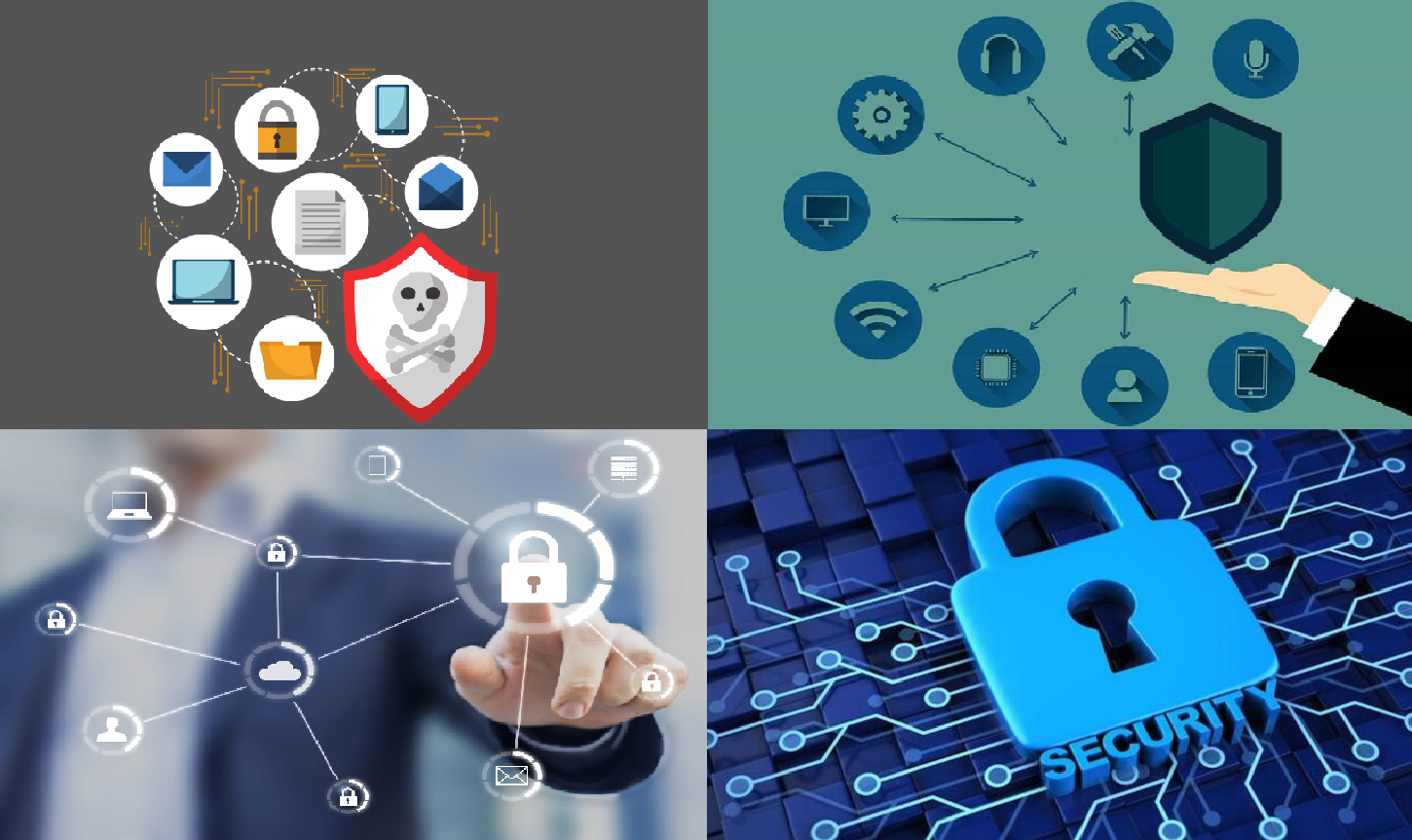What Are the Types of Computer Security Risks?
Categories: APP security APP security

What Are the Types of Computer Security Risks?
Computer Viruses
Perhaps the best-known computer security threat, a computer virus is a program written to change the way a computer operates without the user's permission or knowledge. A virus replicates and executes itself, usually damaging your computer in the process.
Theft of confidential information while cyber security in the office can be challenging, it is necessary to understand security extends outside these offices’ day. Smartphone and tablet use has become inescapable. The omnipresent and inexpensive nature of portable storage devices makes them a useful tool for the backup and transport of data. Those elements mean they are likewise an objective for information cheats.
The following pointers provide a useful first step. Stop data leaking out of your organization.
- make sure mobile devices have passcode locks.
- enable tracking via GPS and if the option to remotely wipe the device it's lost.
- encryption software is heavily used recommended when using portable storage devices.
- monitor your mobile devices and paperwork all the time. A large proportion crime is opportunistic, keep your eye out your briefcase or smart device may be locked result in serious loss of data.
Spyware Threat
A serious computer security threat, spyware is any program that monitors your online activities or installs programs without your assent revenue driven or to catch individual data. We have gathered a wealth of knowledge that will help you combat the dangers of spyware and stay safe online.
Insider Threat
If your organization employs employees (full-time or as contractors), there is a possibility that they data can be accidentally or maliciously leaked.
Potential loss due to leaking of documents cannot be underestimated. Use these tips for minimize the size of any data leaks.
- Educate your group to be aware of issues and limit imprudent mistakes.
- limit how much information workers approach. The principle of 'least privilege access' should be applicable to all its systems. Provide only employees who need minimal access to do my part.
- Control the utilization of versatile stockpiling gadgets, for example, USB memory keys, convenient hard drives, and media players.
Why Is Cyber Security Important?
One of the many benefits of facing a daily reality such that each gadget is associated is comfort. It is inconceivably simple to work and deal with your social schedule, shop, and timetable arrangements from your cell phone or gadget. So, it has become second nature for many of us.
Computer security risks can be categorized into several types. Here are some common ones:
Malware: Vindictive programming, for example, infections, worms, trojans, ransomware, and spyware, can contaminate Computers and organizations, causing harm, information robbery, or unapproved access.
Phishing: Phishing assaults include fooling clients into uncovering touchy data, for example, passwords or Mastercard subtleties, by imitating dependable elements through email, texting, or deceitful sites.
Social Engineering: This kind of assault controls people to acquire unapproved admittance to frameworks or delicate data. It frequently includes mental control or taking advantage of human way of behaving and trust.
Hacking and Unauthorized Access: Unapproved people or programmers might take advantage of weaknesses in Computer frameworks to acquire unapproved access. This can prompt information breaks, unapproved information alteration, or robbery of touchy data.
Refusal of-Administration (DoS) and Circulated Forswearing of-Administration (DDoS) Assaults: These assaults intend to disturb the accessibility of a framework or organization by overpowering it with a surge of solicitations, delivering it unavailable to genuine clients.
Information Breaks: An information break happens when delicate or secret data is gotten to, revealed, or taken by unapproved people. This can bring about data fraud, monetary misfortunes, or reputational harm.
Actual Burglary or Harm: Actual robbery or harm to Computer gear can prompt unapproved admittance to information, loss of data, or interruption of administrations.
Insider Dangers: Insider dangers imply people a their inside an association access honors to think twice about, take information, or hurt the association.
Wi-Fi Listening in: Aggressors might catch remote organization traffic to catch delicate data communicated over unstable Wi-Fi associations.
Weaknesses and Exploits: Security weaknesses in programming or frameworks can be taken advantage of by assailants to acquire unapproved access or command over a computer or organization.
It is essential to take note of that this is not a thorough rundown, as new sorts of Computer security dangers can arise as innovation develops. Associations and people need to remain cautious, take on security best practices, and keep their frameworks refreshed to moderate these dangers.